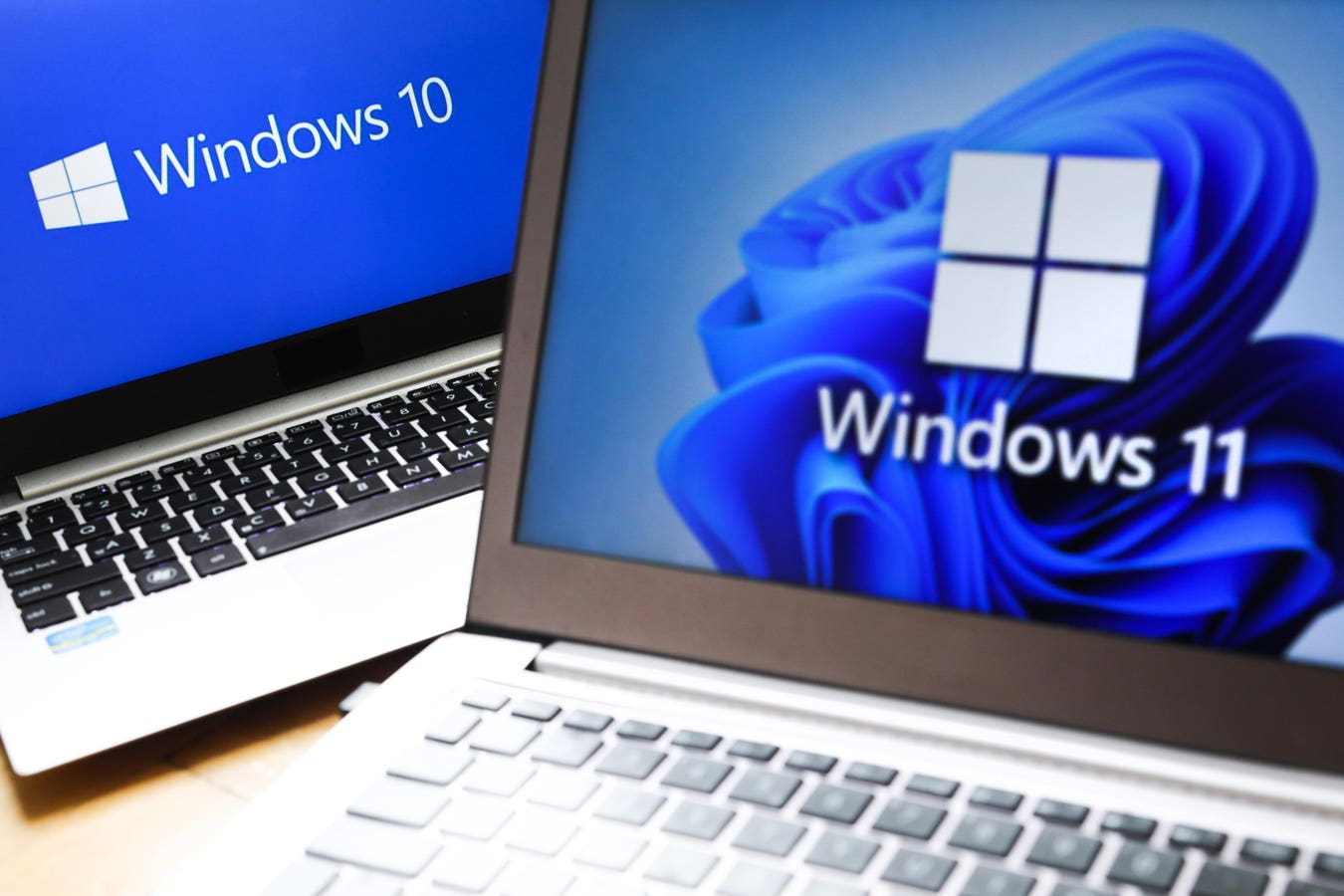Microsoft’s AI chief suggested everything found online should be free
Content that is published on the open web should be treated as “free software”, according to Microsoft’s AI chief. In that case, he seems to have just ripped up the license agreement for software like Microsoft Windows and Office.
Mustafa Suleiman, CEO of Microsoft AI since March of this year, made his eyebrow-raising comments during an interview with CNBC. Asked whether training AI models for internet content is tantamount to intellectual property theft, Suleiman argued that anything posted on the web is fair game.
“I think in terms of content that’s already on the open web, the social contract for that content since the 1990s is that it’s fair use,” Suleiman said. “Anyone can copy it, recreate with it, reproduce with it. It was free software, if you will, that was the understanding.”
Windows License Terms
If that’s the “understanding,” Microsoft’s licensing department seems to have it very differently when it comes to many of the products it publishes on the open web.
For example, you can download the Windows 11 operating system on the open network from the Microsoft website. However, Microsoft is very protective of its intellectual property, as is clear in the terms of use linked at the bottom of the download site.
In fact, those terms include a copyright FAQ that directly contradicts the statement Suleiman made in his CNBC interview. “If a work is in the public domain, it can be used freely without permission from the creator of the work,” the FAQ says. “However, just because a work is available online does not mean it is in the public domain or free to use.”
As for the idea that you can “copy it, reproduce it, reproduce it”, that is contrary to the Windows license agreement, which specifically states that you must not “publish, copy (other than a permitted backup ), rent, lease or loan the Software’ nor ‘circumvent technical or software limitations’.
Microsoft seems to think you’re free to do whatever you want with the content you find on the web, unless it’s Microsoft content.
Microsoft has been reached for comment.
Copyright Law
You might argue that this point is somewhat light, that there is a clear distinction between the type of written or graphical content you might use to train an AI model and the software that is sold commercially.
However, US copyright law makes no such distinction. As the US Copyright Office FAQ page states: “Copyright, a form of intellectual property law, protects original works of authorship, including literary, dramatic, musical, and artistic works such as poetry, novels, motion pictures, songs, computer software, and architecture.”
Nor does posting it online automatically invalidate copyright law. “Your work is copyrighted the moment it is created and fixed in tangible form so that it can be perceived directly or with the aid of a machine or device,” the FAQ further states.
This, of course, is why many AI companies are facing lawsuits for mining data from the open web to train their large language models. In December, New York Times announced that it is suing ChatGPT creator OpenAI and Microsoft (which uses OpenAI products to power its own artificial intelligence offerings) for “billions of dollars” in damages for misuse of its content. Other cases have been filed.
So, it looks like we’ll have to find out if the “social contract” cited by Microsoft’s AI chief actually exists. In the meantime, it’s probably best to avoid doing whatever you want with Windows, or you could find yourself the subject of your own lawsuit.



